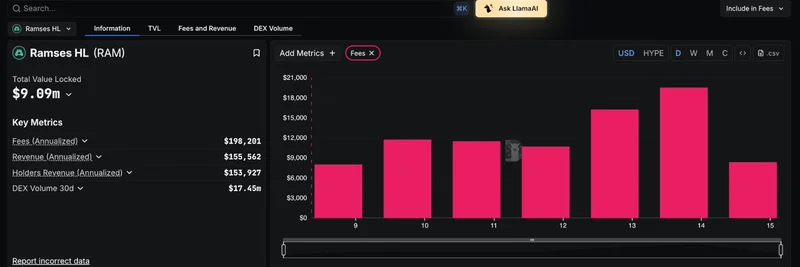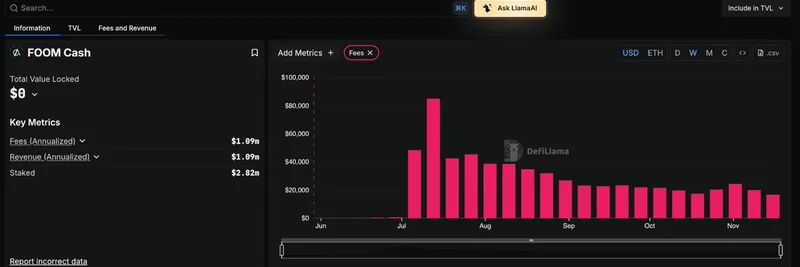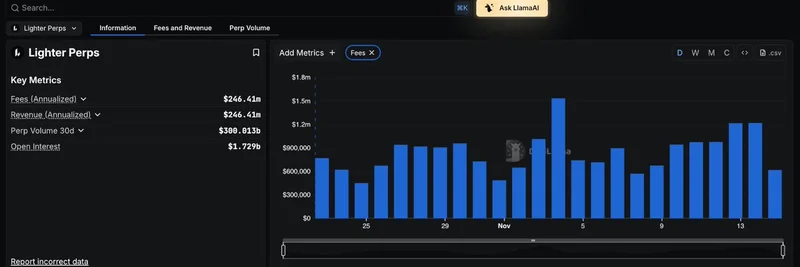In a recent post on X, user @tokenquest_ shone a light on one of the more under-the-radar topics in crypto: privacy-focused decentralized exchanges (DEXs) and encrypted Layer 1 (L1) blockchains. These are the foundational networks like Ethereum or Solana, but with built-in encryption to keep transactions private. The post features a clip from the Unchained podcast where Harry Halpin, CEO and co-founder of Nym Technologies, dives deep into the challenges and opportunities around private smart contracts.
@tokenquest_ nailed it when they said, "That’s the kind of topic most of CT [Crypto Twitter] avoids because the math is heavy and the stakes are real." And Halpin echoes that sentiment, pointing out that the potential here is enormous, but so is the complexity. Thanks to podcast host Laura Shin for bringing this conversation to the forefront.
Let's break down what Halpin discussed in the clip. He starts by sharing his journey with Zcash, a privacy coin that's been a pioneer in this space. Zcash uses zero-knowledge proofs—a fancy way of verifying transactions without revealing the details—to keep things anonymous. Halpin mentions it took him years to fully trust the Zcash codebase, but now he does, giving it a big edge over newcomers. Other blockchains will eventually catch up, he says, but it'll take time because there are tough problems even Zcash hasn't cracked yet.
The big question Halpin poses is: "Who is going to solve private smart contracts?" These are essentially self-executing contracts on the blockchain that keep sensitive data hidden from prying eyes. He name-drops some heavy hitters who've been talking about it. Charles Hoskinson, the founder of Cardano, has been pushing Midnight, a privacy-focused sidechain. Then there's Aleo, a platform building zero-knowledge execution environments. Even Polkadot's Gavin Wood has touched on privacy features.
But Halpin gets excited about the lack of a true privacy-enhanced DEX. A DEX is a decentralized exchange where you can trade tokens without a middleman, like Uniswap on Ethereum. Imagine one where your trades aren't broadcast for everyone to see—no more front-running or tracking your portfolio. He recalls how CZ, the former Binance CEO, was an early investor in privacy tech and once tweeted, "Hey, why can't we have a privacy-enhanced DEX? It's crazy." Yet, as Halpin notes, nobody has really built it yet.
This gap spells a "huge opportunity" for builders. With hardcore, committed teams pushing the boundaries, progress is on the horizon. For meme token enthusiasts, this could be game-changing. Privacy features might allow for stealth launches, anonymous trading, or even protecting your gains from on-chain snoops. In a world where meme coins thrive on hype and virality, adding a layer of secrecy could spark the next big trend.
If you're intrigued, check out the full episode on the Unchained website. And don't miss the original clip in the tweet by @tokenquest_.
As blockchain evolves, privacy isn't just a nice-to-have—it's becoming essential. Stay tuned to Meme Insider for more breakdowns on how these tech advancements intersect with the wild world of meme tokens.




